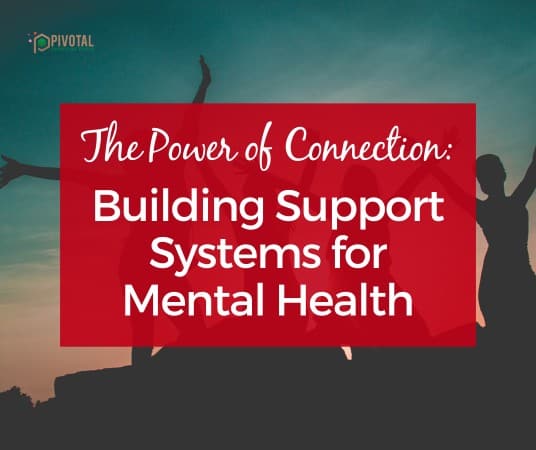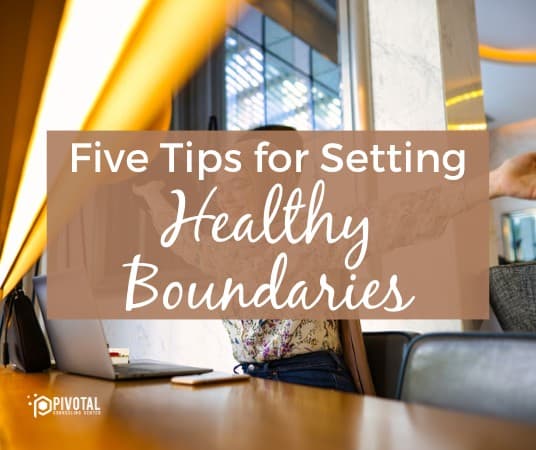
Every relationship has its ups and downs. They come from all sorts of causes–whether they’re within your relationship or stressors from outside. Keeping your relationship strong can help you weather through those difficult times. The key to a strong relationship is always to respect one another and to be kind even when you want to scream and shout and break it all down. We all make mistakes and do things wrong, especially in a relationship, but we can learn from others and try to make our own relationship stronger the more we learn.
So, here’s what not to say to your partner even in the heat of an argument.
“You’re wrong”:
When you say this to your partner, you’re telling them that – no matter what’s going on or what they’re saying – it’s totally, 100% wrong, and you are totally 100% right. Not only is that unfair to your partner because you aren’t trying to understand their perspective, it’s disrespectful to assume that they are wrong and that’s that, end of story. Being in a serious relationship means that you need to respect and understand where the other person’s coming from, even if you don’t necessarily agree. It’s not about right or wrong–it’s about understanding your difference in opinions and finding common ground.
“What you think doesn’t matter”:
If this made you wince when reading it to yourself, imagine how it would make your partner feel if you yelled it out in the heat of the moment. Instead, focus on being understanding & hearing your partner out.. Their thoughts do matter. Allow them the space to express what they’re thinking with you, and appreciate that they’re trying to communicate something to you. Learning to listen & understand even when you don’t agree can only strengthen your communication.
“You’re being mean/stupid/ridiculous”:
This kind of statement can only make the argument worse. It just means that you–on some level–understand where your partner is coming from and just don’t want to admit it. Instead of trying to hear & understand what your partner is saying, you’re choosing to lash out in an attempt to cut the conversation short. Your partner is trying to share something with you, so you need to hear what they have to say and understand it. Nothing they say is ridiculous or stupid. It’s important and should be treated as so, even when emotions are running high.
“I don’t care”:
Even when emotions are running high, you should care about what your partner has to say. This sort of statement (though you may feel it in the moment) can only be the cause of more problems. This will create anger in your partner and will hurt them, as well as frustrate you in the process, too, because it won’t feel like the right thing to say as soon as it’s out. This is one of those “don’t say it unless you mean it” statements, and you should always avoid saying it until emotions have calmed down. You’ll find that you won’t feel the same way once some time has passed.
Why does this all matter?
Why is all of this something to worry about? You’re in a serious relationship & struggling to get through an emotional time. Despite your best attempts, you’re angry and want to lash out, and your partner is the nearest target. But acting on any of that can create irreparable harm to your relationship. It tells them that you don’t care about them or their thoughts and that you don’t take them seriously as a partner or as a human being. That’s a tough pill to swallow and 99.9% of the time, you’ll instantly regret lashing out and it will create a wedge that shouldn’t have been there in the first place.
No one is perfect and all couples fight, but you can make the end result better by trying to avoid these statements and working instead on learning to better listen & understand what your partner is thinking.









